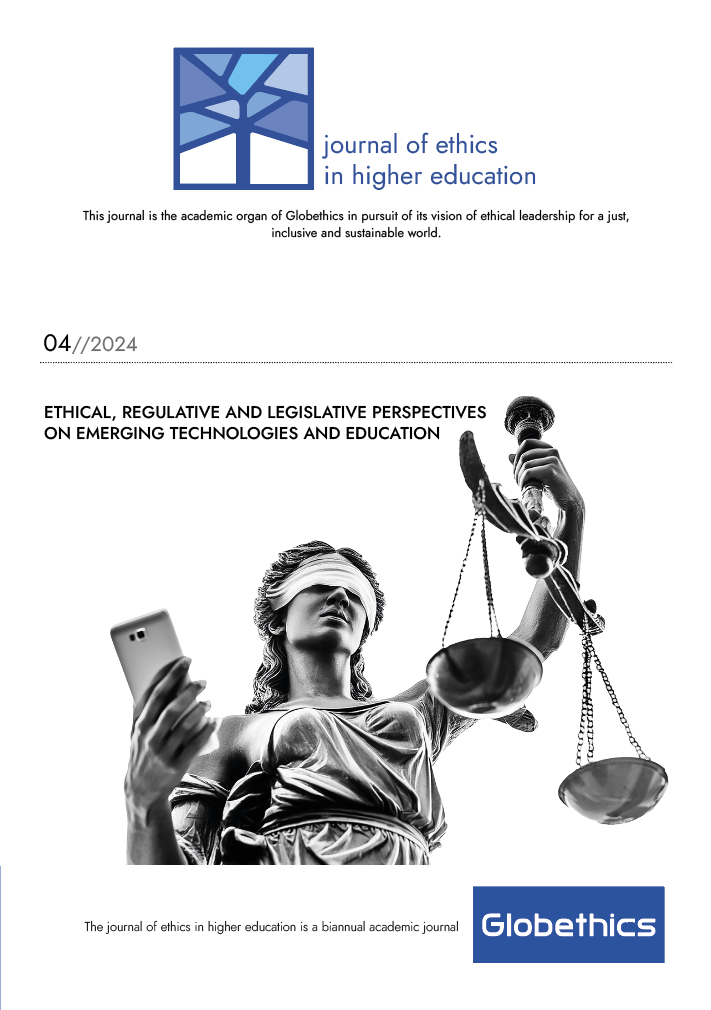Using Simulation-Based Assessment for Event Management Students
DOI:
https://doi.org/10.26034/fr.jehe.2024.5971Keywords:
Graduate Attributes, Simulation Based Assessments, Work Based Learning, Industry-specific Ethical Codes, Employability, Ethics in AssessmentAbstract
This research project explores the effectiveness of simulation-based assessments (SBAs) as an alternative to practical assessments for event management (EM) students, considering the 2020 global pandemic's impact on higher education. SBAs mimic real-world scenarios, enabling innovative and authentic ways for assessors to determine how well candidates can put their knowledge, skills, and talents to use. For example, they give students an opportunity to instil and reinforce ethical principles and values essential for success in the workplace.
The study aims to investigate the relationship between SBAs and graduate attributes, via a qualitative approach, to investigate and analyse students' lived experiences. Ten final-year EM students were selected purposively, with inclusion criteria. Semi-structured interviews were conducted using an original set of selected questions, and thematic analysis was used for data analysis.
The study's findings suggest that if used correctly, SBAs can be an effective tool for developing students' graduate attributes, preparing them for employment.
The article concludes on how to maximise the value of SBAs in preparing students for the workforce, especially when practical assessments are not feasible
Downloads
Published
How to Cite
Issue
Section
License
Copyright (c) 2024 Olivia Wilson, Antje Hargarter, Bianca Van Rensburg

This work is licensed under a Creative Commons Attribution-NonCommercial-ShareAlike 4.0 International License.
Journal articles of Globethics Publications are published under the open Creative Commons License Attribution-NonCommercial-ShareAlike 4.0 International (CC BY-NC-SA 4.0), which guarantees the rights of licensor and allows free use and re-use to the licensees (the readers) who can: 1) Share — copy and redistribute the material in any medium or format 2) Adapt — remix, transform, and build upon the material provided appropriate credit is given and similar license is used in case of such adaptations. Content should not be used for commercial purposes. Each article (the version of record) can be deposited by the author on their academic institutional repository or personal author webpage.







